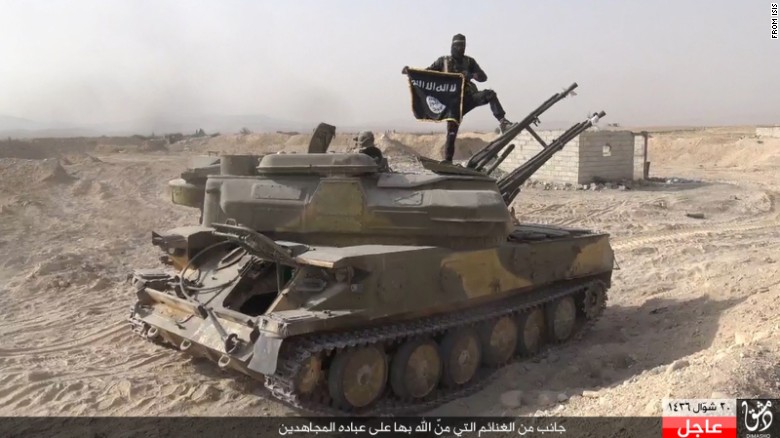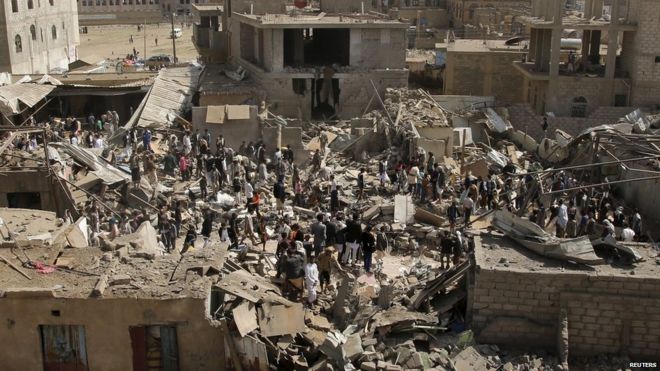By Brittani Howell
Impunity Watch Reporter, The Middle East
BEIRUT, Lebanon – On Tuesday, activists for the “You Stink” Movement lined the halls of Lebanon’s environment minister’s office. The protestors engaged in a 9-hour sit-in to protest the garbage piling up in the streets and the incompetence of the government.

Garbage has been collecting in the streets since July. Residents of a town just south of Beirut blocked garbage trucks from continuing to dispose of waste in the already overfull landfill because of environmental concerns. Since the incident, the government has not reached a solution for the proper disposal of the trash.
The “You Stink” movement gave the Lebanon government three days to reach a solution for the garbage issue on Saturday. If the demands of the protestors were not met, the activists stated they would escalate.
Activists were able to sneak into the Ministry building in small groups until security personnel locked the main doors. As many as 40 activists participated the sit-in and refused to leave until Environment Minister Mohammed Machnouk resigned. While in the halls the protestors chanted “Out, out, out!”
When asked what the protestors intended to do if police were to enter the building, one activist responded, “They don’t understand that we are doing civil disobedience. We will not leave. And of course we will not confront them.”
During the protest the air conditioning was turned off and the bathroom doors were locked, while the army and riot police gathered outside. Nine hours from the beginning of the sit-in, the activists were forced out of the building when they refused to leave. Activists claim to have been struck by batons on their way out and two reported injuries, including a broken shoulder. Interior Minister Mouhad Machnouk, a relative of the Environmental Minister Mohammed Machnouk, stated that force had not been used on the protestors.
Protestor Wadih Asmar stated, “In other countries people have asked to take down their state. We are asking for a state and they are beating us.”
The “You Stink” movement has united people of different religious background, which is rare in a country constantly divided along religious and political lines. “The fact that we have this spontaneous nonsectarian movement is really the most important thing here,” stated a former interior minister and lawyer, Ziad Baroud.
Lebanon has been without a president for over a year. The country continues to have daily power cuts and water shortages is further strained by the influx of over one million Syrian refugees.
For more information, please see:
BBC News – Lebanon Rubbish Crisis: Police Eject Ministry Occupiers – 1 September 2015
Reuters – Beirut Protestors Occupy Ministry, Demand Minister Resigns – 1 September 2015
The New York Times – Police Clear ‘You Stink’ Protestors from Minister’s Office in Beirut – 1 September 2015
The Wall Street Journal – Lebanese Activists Occupy Environment Minister’s Office – 1 September 2015


